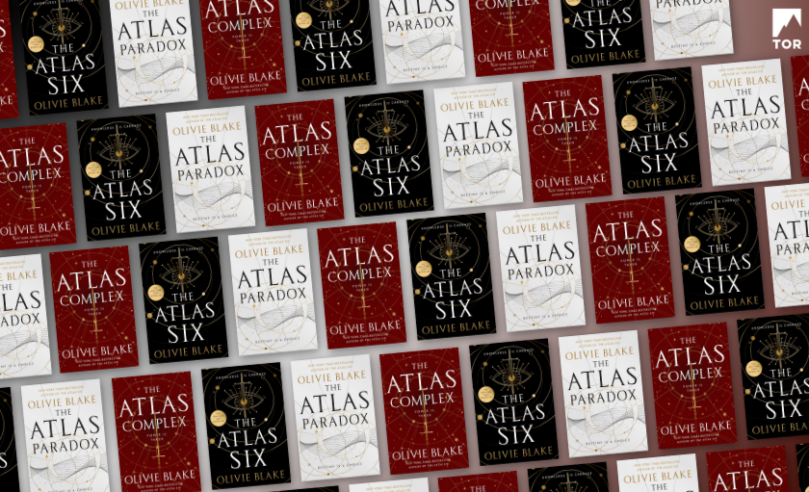
The Atlas Quiz: Redux
Who are YOU in Olivie Blake’s Atlas universe? We are uniquely equipped to answer this question.

Who are YOU in Olivie Blake’s Atlas universe? We are uniquely equipped to answer this question.
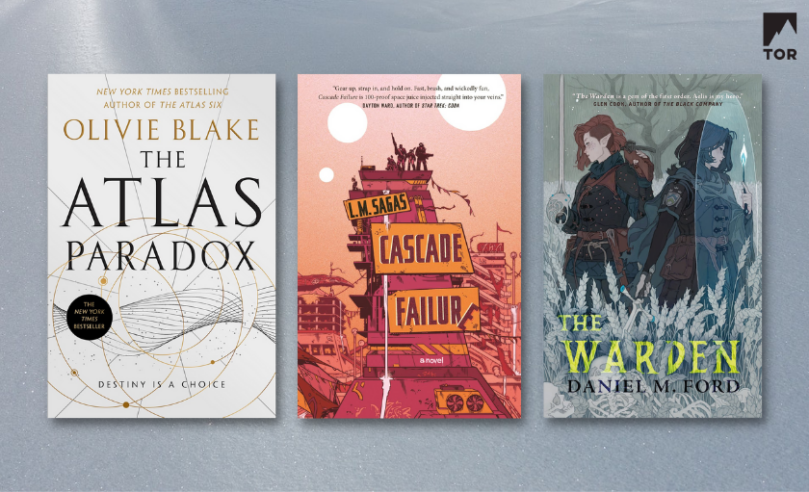
Check out every paperback coming from Tor Books this winter!

Love reading? Good! A character from a book wants to hang out with you!

Literature is full of characters we love, and often the very ones we love are indeed the ones who drive us crazy.
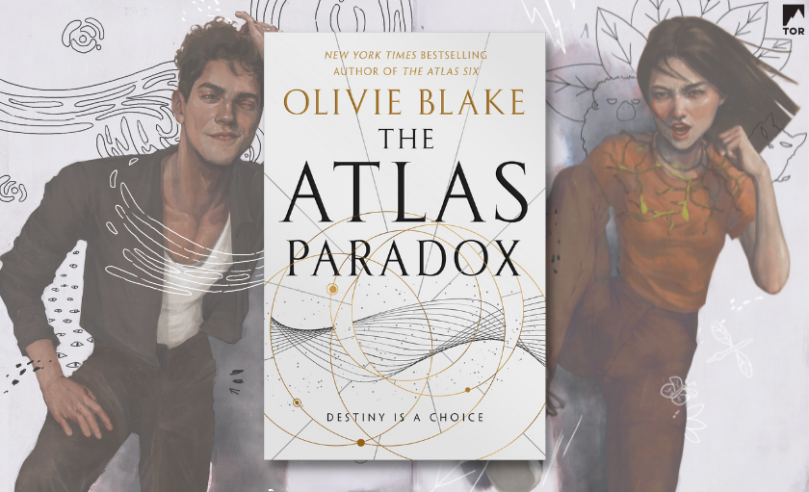
In the not-so-distant past, we employed a Handy Quiz to help fans of Olivie Blake’s tantalizing / adrenalinizing The Atlas Six identify the perfect S-tier medeian to watch their back.
Today—in celebration of the upcoming The Atlas Paradox—we utilize the same Quiz Science to determine which magician will be stabbing it!
After all, the only things you should keep closer than your friends, are your enemies.
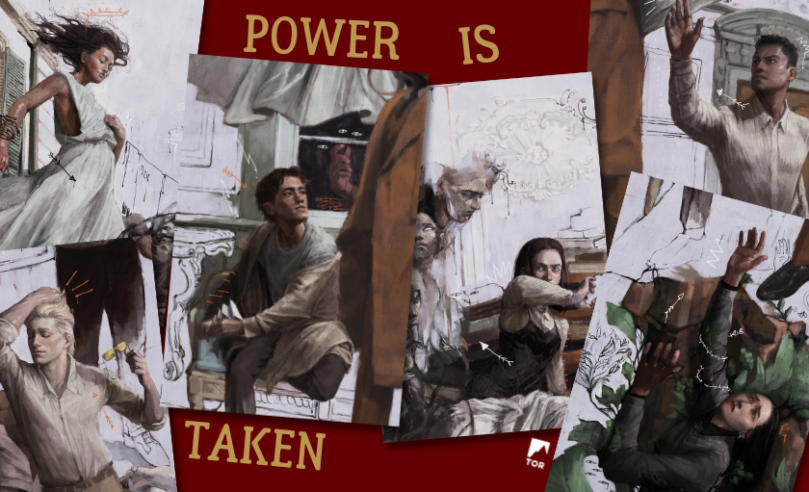
At last. The time of your initiation into the Alexandrian Society.
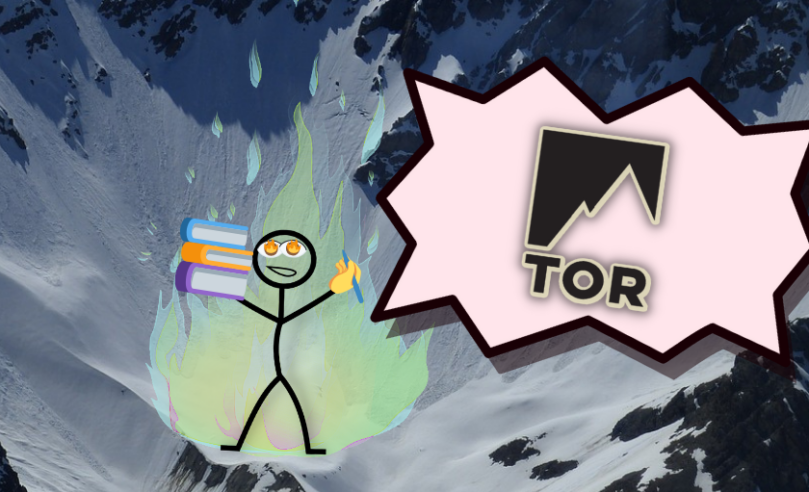
GRAB YOUR BOOKS AND YOUR SKIS AND HIT THE MOUNTAIN BC WE’RE SHREDDING SNOW, DEVOURING PAGES, AND TAKING SILLY INTERNET QUIZZES
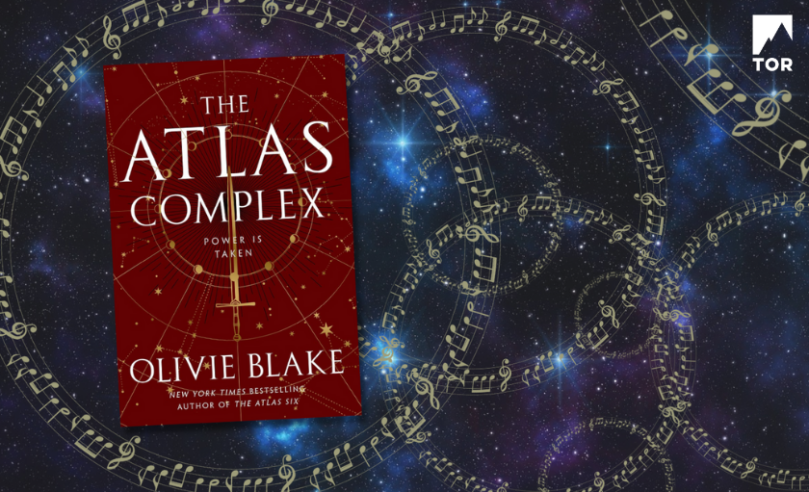
Six magicians were chosen for the chance to study the foundational magics of the world. You have been chosen to listen to The Atlas Complex official playlist.
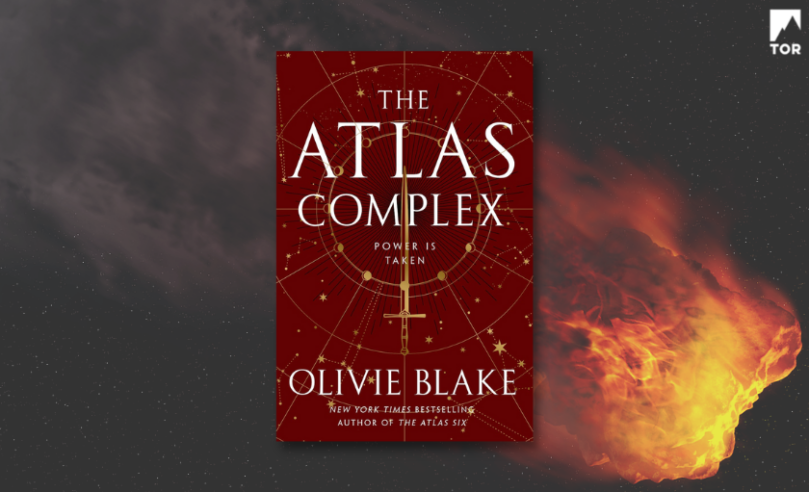
Please enjoy this free excerpt of The Atlas Complex by Olivie Blake, on sale 1/9/24

Name a more iconic duo than peanut butter and jelly! Okay, we can. And we will. This is PB&J with magic and swords.